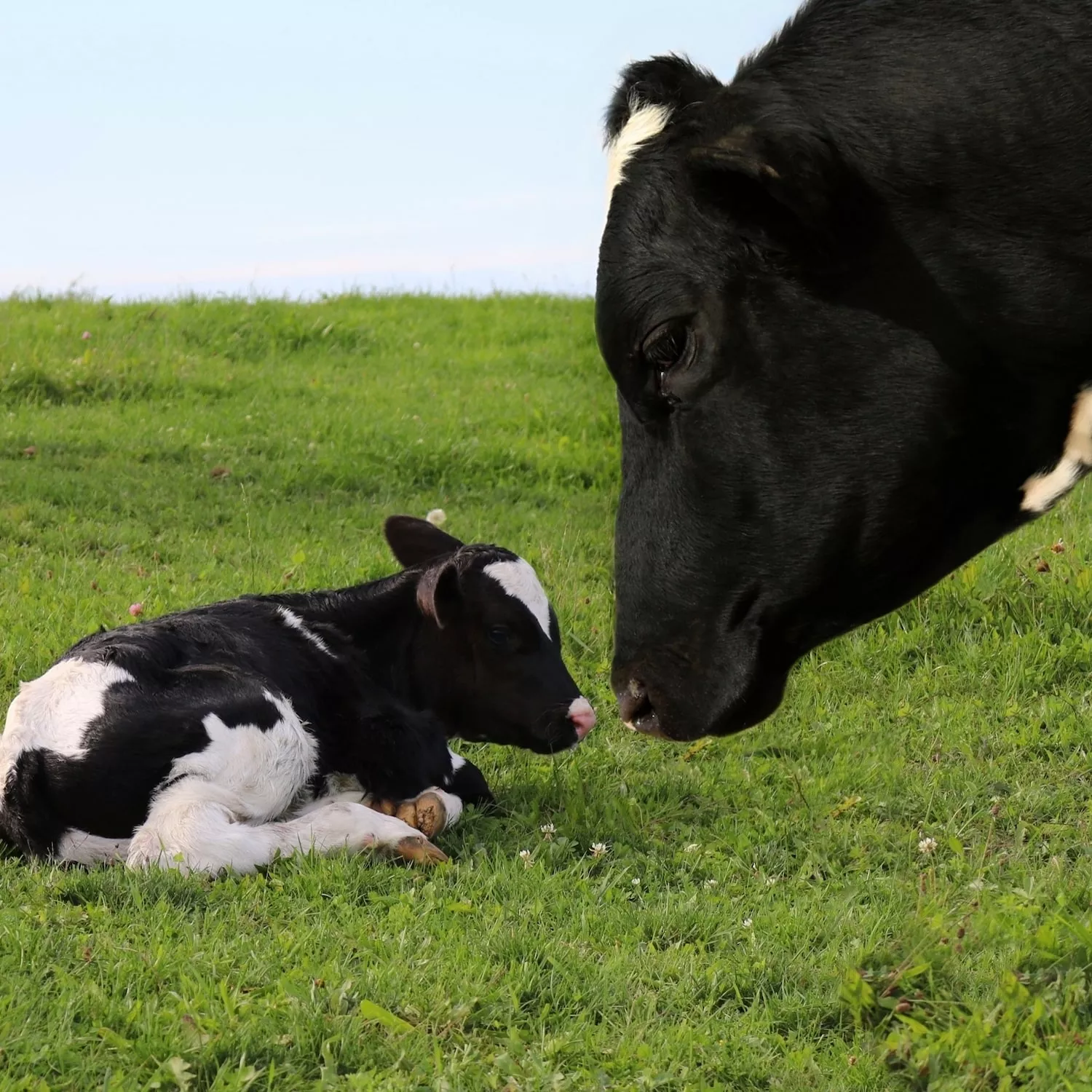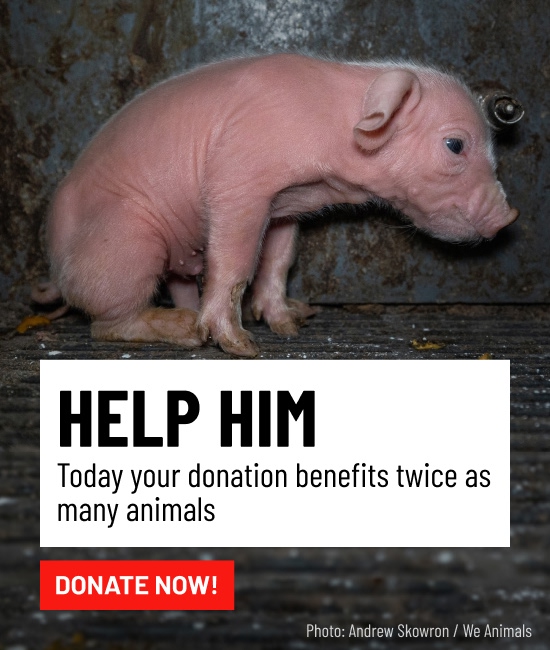PROTECT COWS AND THEIR CALVES
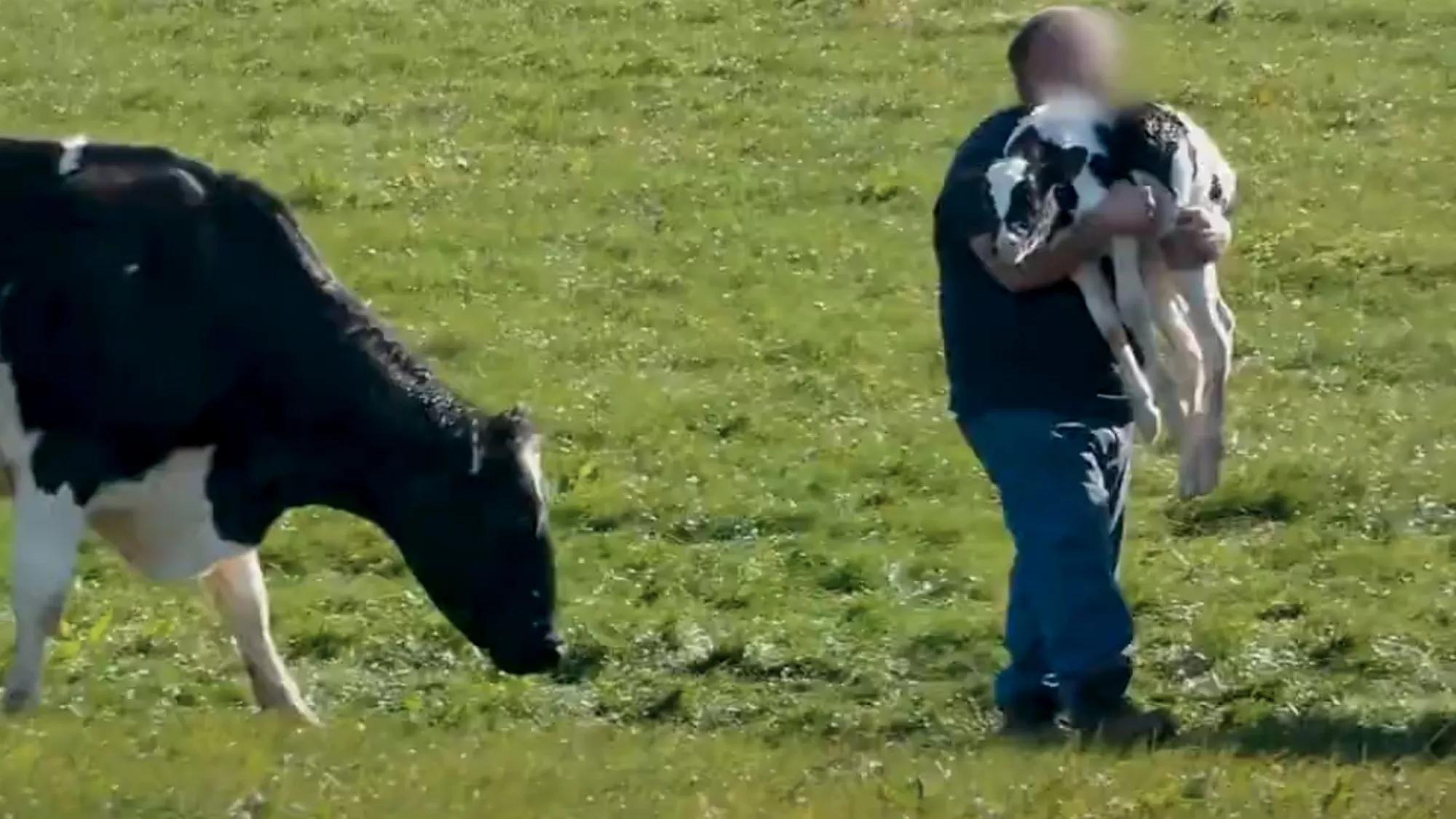
Demand the Government helps farmers transition to plant-based alternatives to dairy – SIGN NOW!
A Cow’s Life
From a young age we’re led to believe that dairy is a harmless by-product. But when award-winning actress, Miriam Margolyes, realised what really happens on dairy farms across Britain, she felt compelled to take action.
Just like humans, cows must give birth to produce milk. That means that every single one of the 2.6 million cows who are killed in the UK each year for their meat and milk will endure the same gruelling existence.
It’s the same story for cows across all farms. Whether intensive, free-range, organic-certified or accredited, there is a cruel cycle of suffering in all dairy farms across the UK and the world.
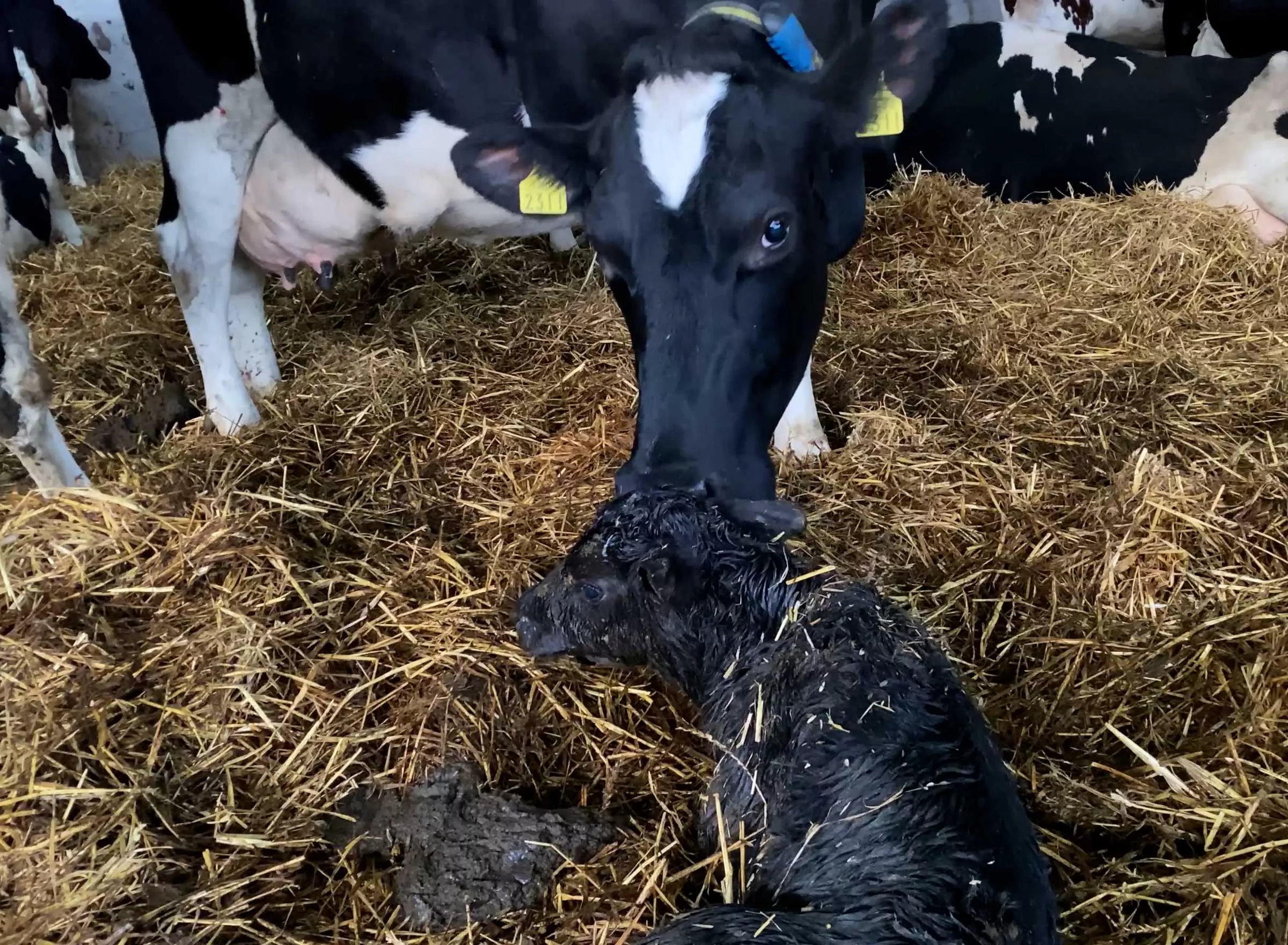

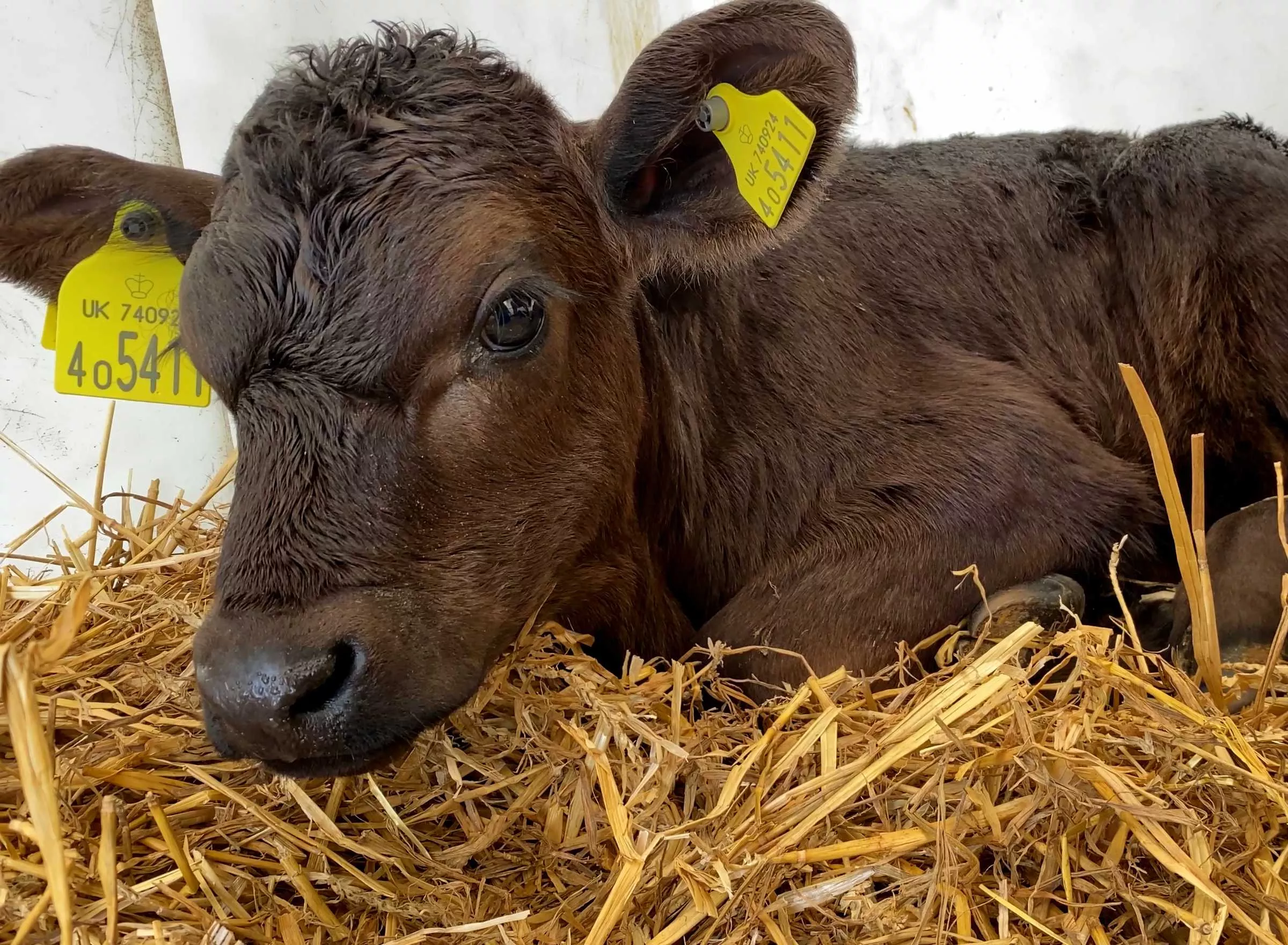
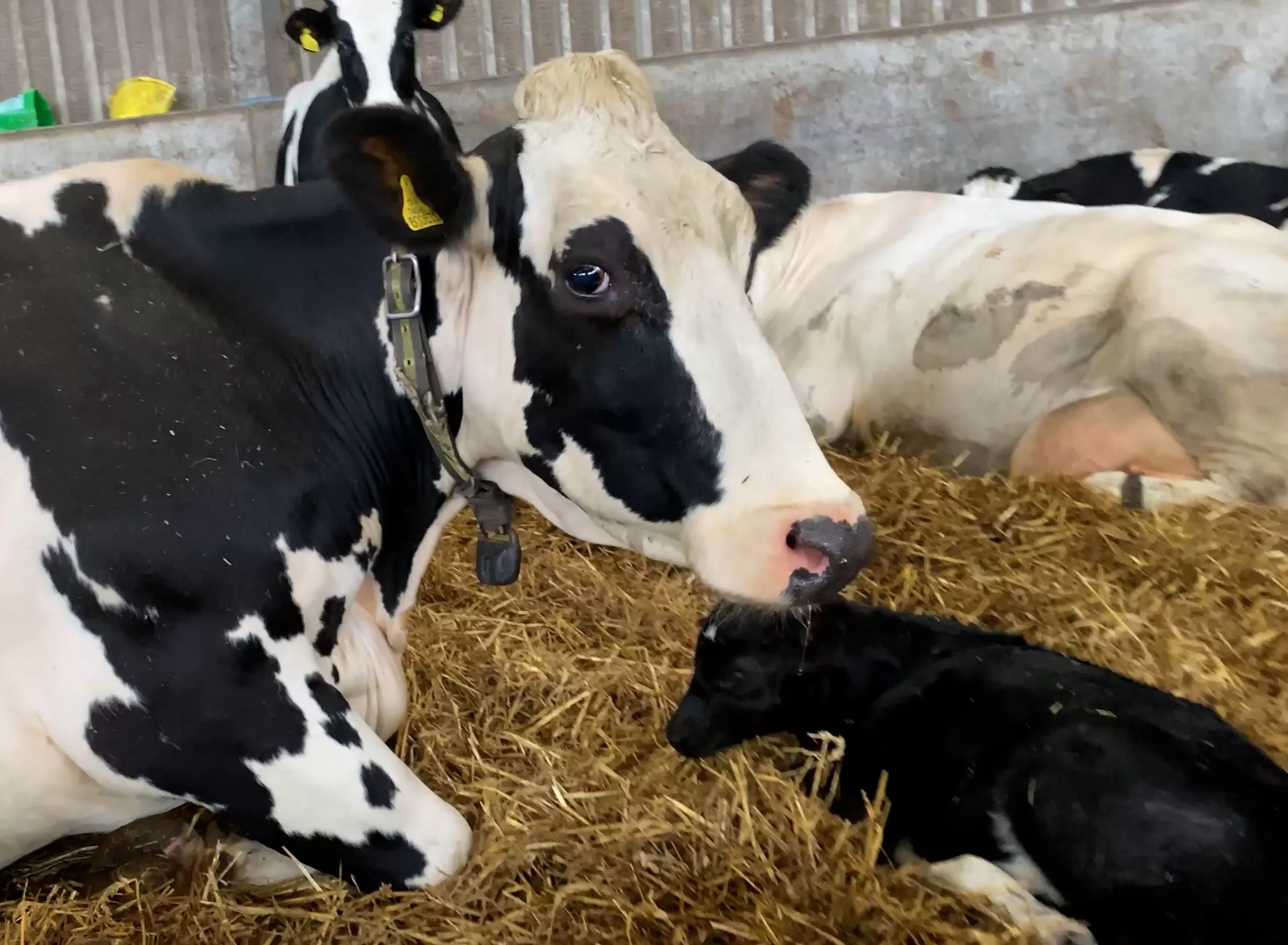
A Message From Miriam Margolyes
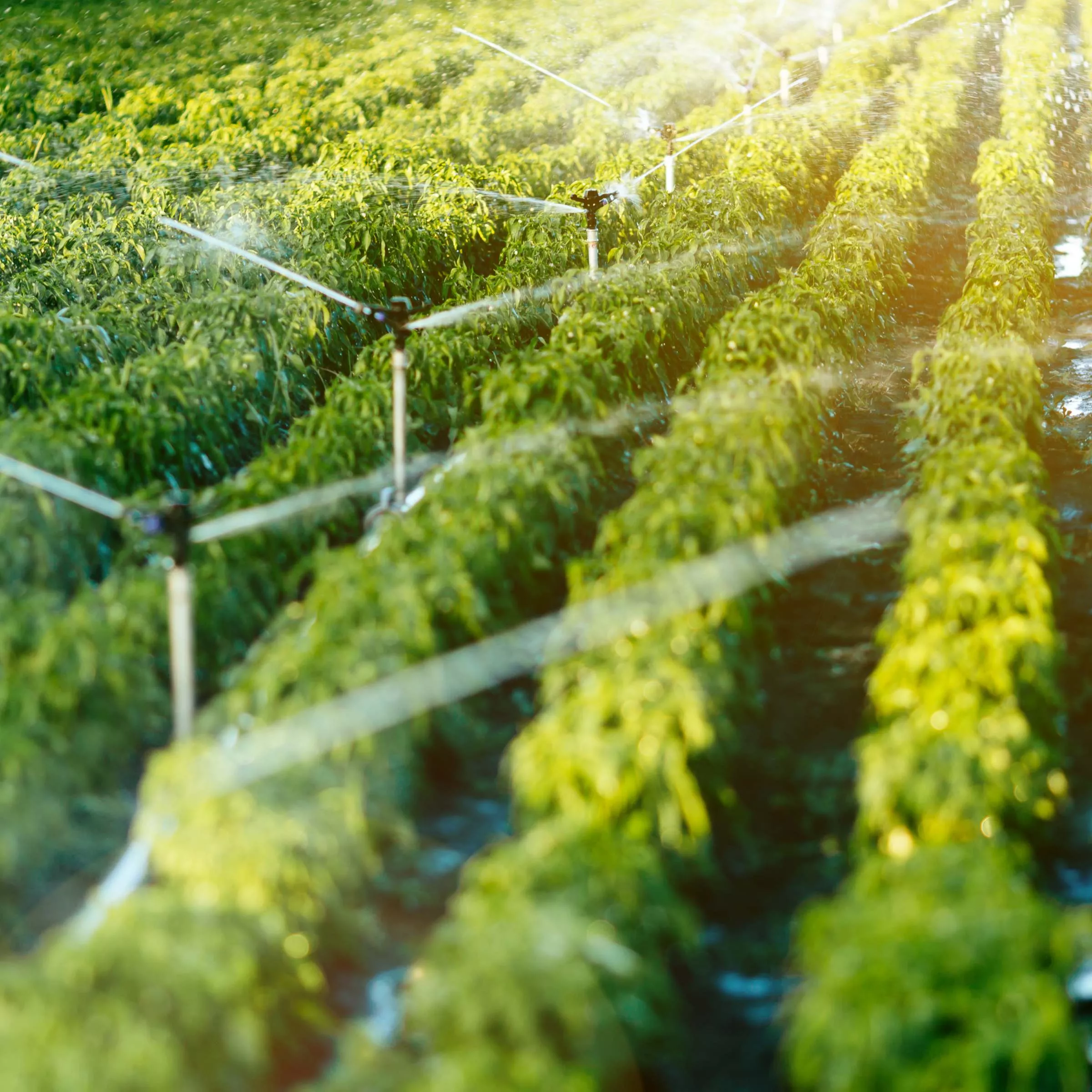
Transition to a brighter future
With 1 in 3 Brits now reported to be consuming plant-based milks on a regular basis, the nation is stepping away from supporting this industry. Our supermarket shelves are overflowing with plant-based milks, cheese and yoghurt alternatives.
Despite this, British dairy farmers received over £56 million annually in direct Government payments over recent years, making up nearly 40% of their profits.
That’s why Miriam Margolyes is joining Animal Equality in urging the UK Government to shift subsidies from the dairy industry to fund plant-based alternatives and offer financial support for farmers transitioning to arable farming or land rewilding programmes.
A brighter future is within our grasp. Make a change for cows and calves today, by ditching dairy and by signing our petition!
Miriam’s Experience
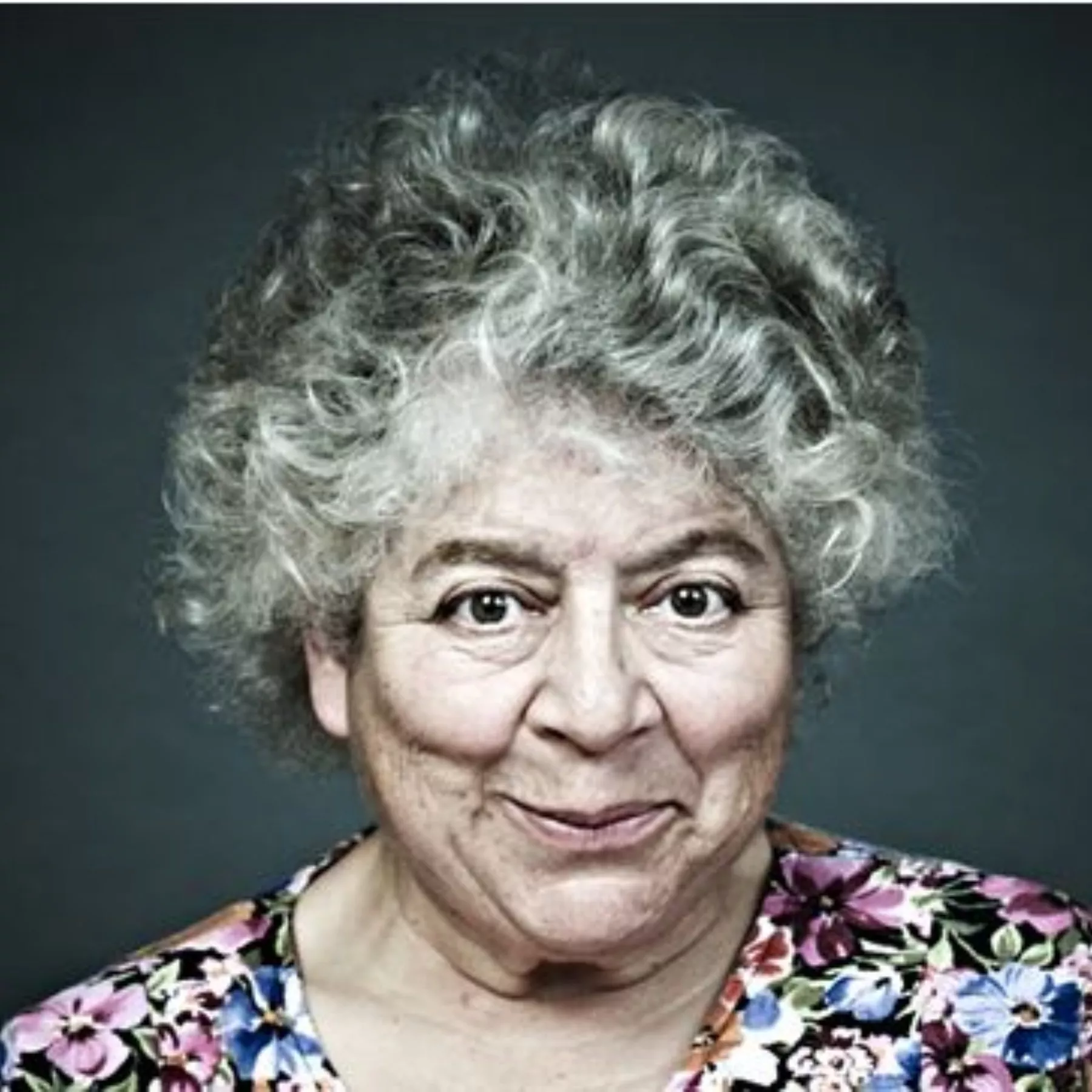
I’ve been on a journey of discovery…. I don’t mince my words, so I will tell you the truth: it broke my heart. But I am also thankful that this has been brought to my attention. Everyone deserves to know the truth.
Miriam Margolyes
If we’re successful, more people will choose plant-based options and they’ll drink less cows’ milk, which means fewer cows will be separated and killed. I really believe we can make a difference. The world is harsh. Let’s make it kinder.
Facts About Dairy: What The Industry Doesn’t Show You
Around 2.6 million cows are used for their milk every year in the UK and a growing number of them have never stepped foot on grass and will never see a pasture.
Because of the deceptive marketing used by the industry, few people really know what happens to cows in the dairy industry. Many people, for example, don’t realise that, just like us, cows only produce milk after giving birth.
Below are some of the abuses cows are subjected to throughout their lives. Practices that are part and parcel of typical dairy production and, most disturbingly, are perfectly legal right here in the UK.
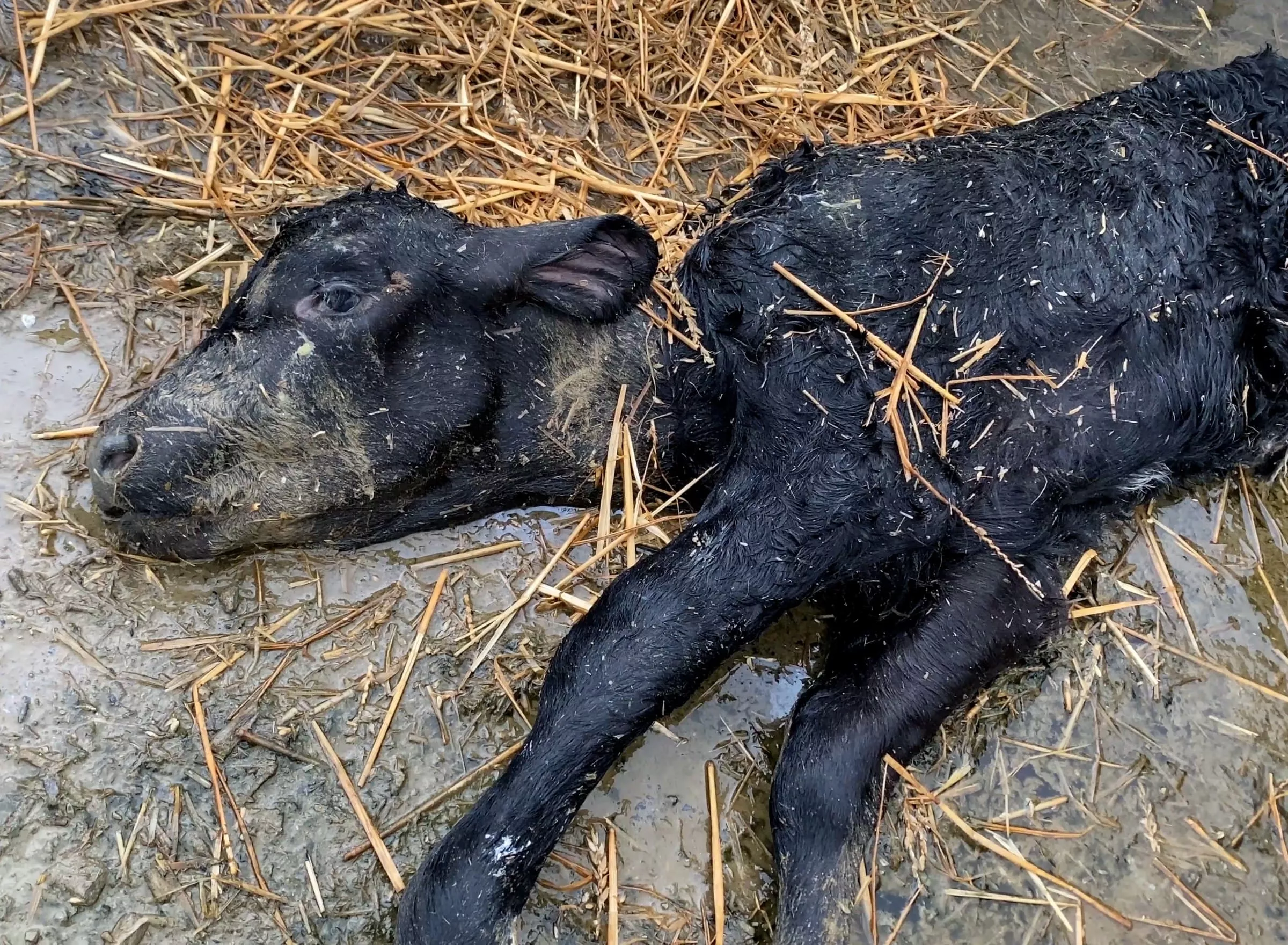
A 2020 report revealed that an estimated 60,000 male calves each year in the UK were shot on-farm. Though this practice is now being phased out in many farms as a result of new rules from major supermarkets and assurance schemes, the ultimate fate of male calves has not changed.
Many will be sent to the slaughterhouse at just weeks old, or raised for a short time before being killed and sold as veal or beef.
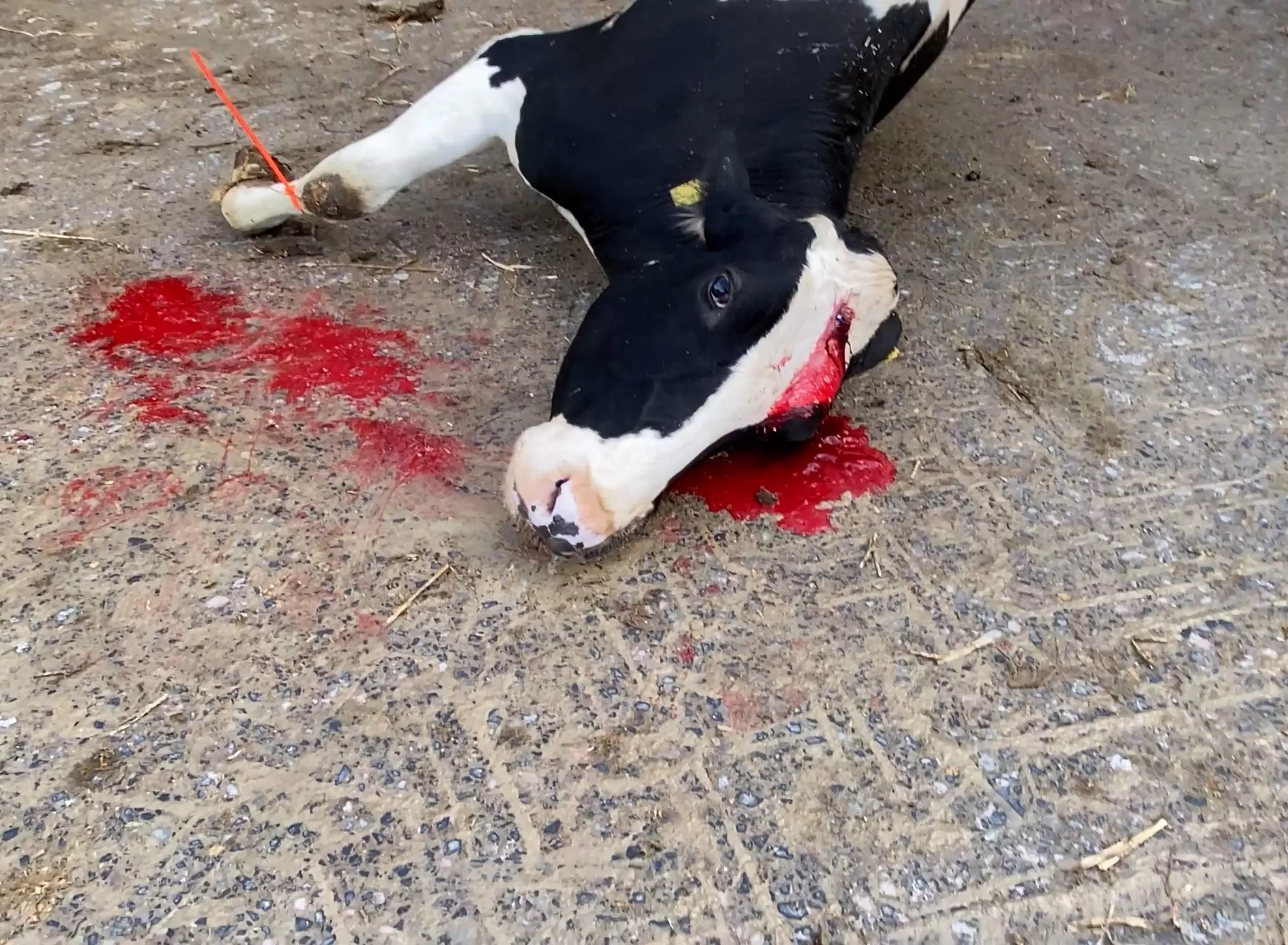
By the time they are a few years old, they are seen as ‘unproductive’ – because they’re so exhausted and their milk production has declined – and no longer profitable to the industry.
At this point they are sent to slaughter and sold for cheap meat and leather products.

An estimated 150,000 cows are killed every year in the UK while they are carrying their babies. Shockingly, many of them are in the last stage of their pregnancies, meaning their calves can suffer during and for a few minutes after the slaughter.
Approximately 90% of the pregnant cows that are slaughtered every year are cows bred for their milk.
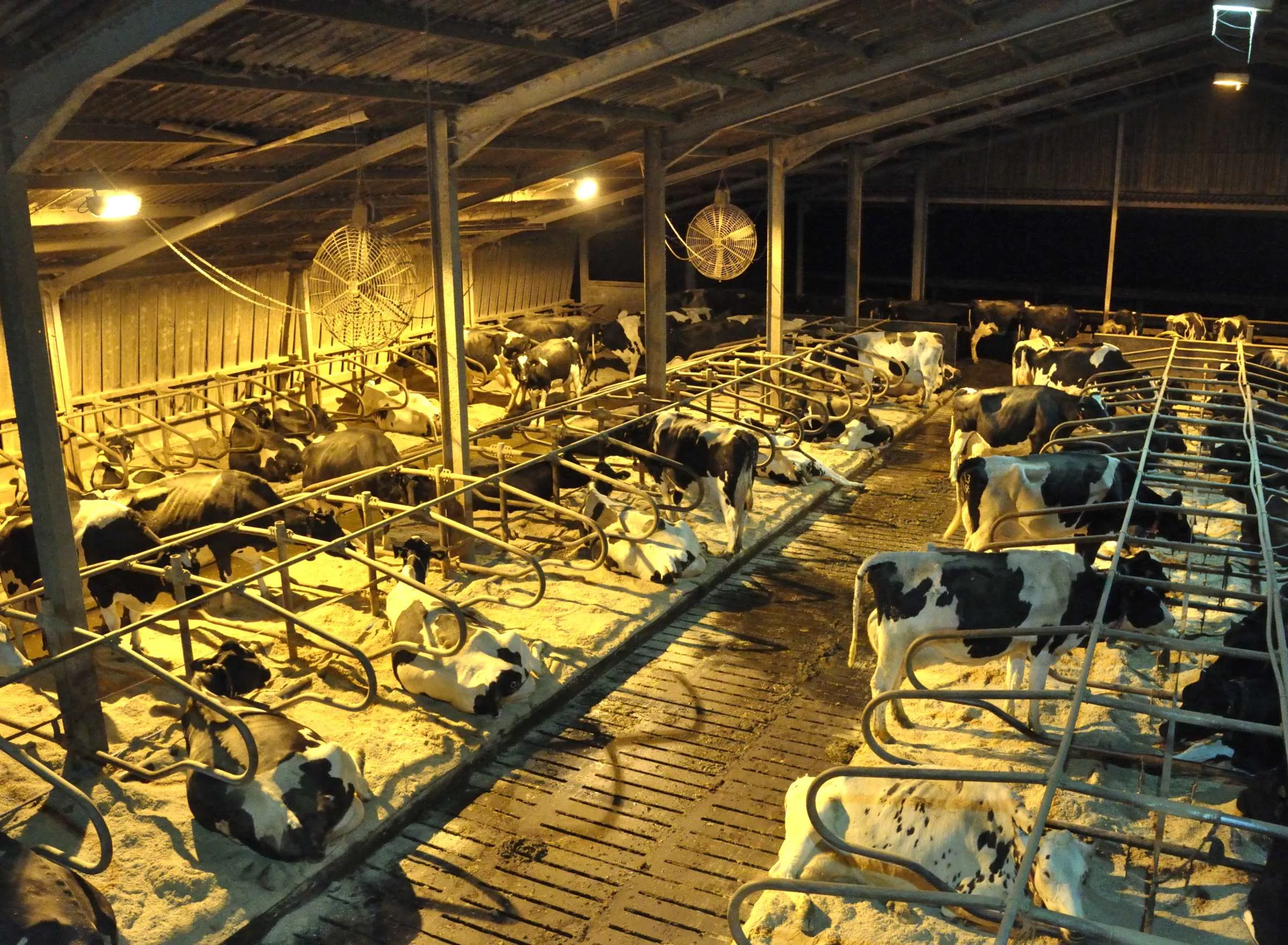
In a zero-graze system, a cow is not allowed to graze or be outdoors on the grass. Instead, she is fed silage (wet, fermented grass) and a high concentrate mix of cereal, soya, sunflower meal and maize.
Currently, an estimated 16% of UK dairy farms have adopted the zero-graze system and the number, sadly, is expected to grow.
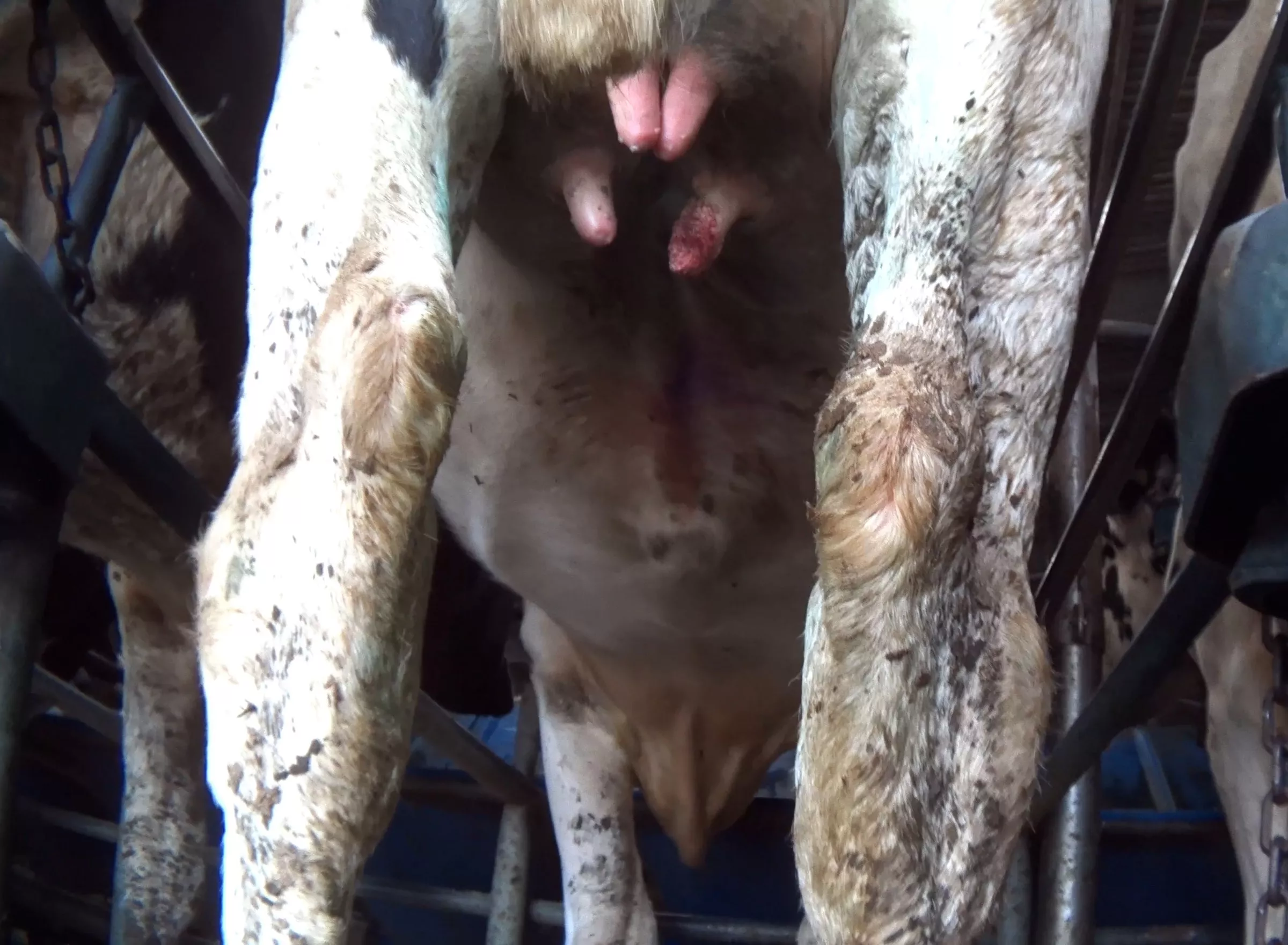
Mastitis can be treated with antibiotics, however, this would cause the milk to be deemed unsuitable for human consumption, resulting in a loss of profit for the industry.
For this reason, if the disease has not been diagnosed or is not imminently threatening the cow’s life, cows on some farms are still milked anyway.

Lameness affects on average 25% of cows exploited for their milk.
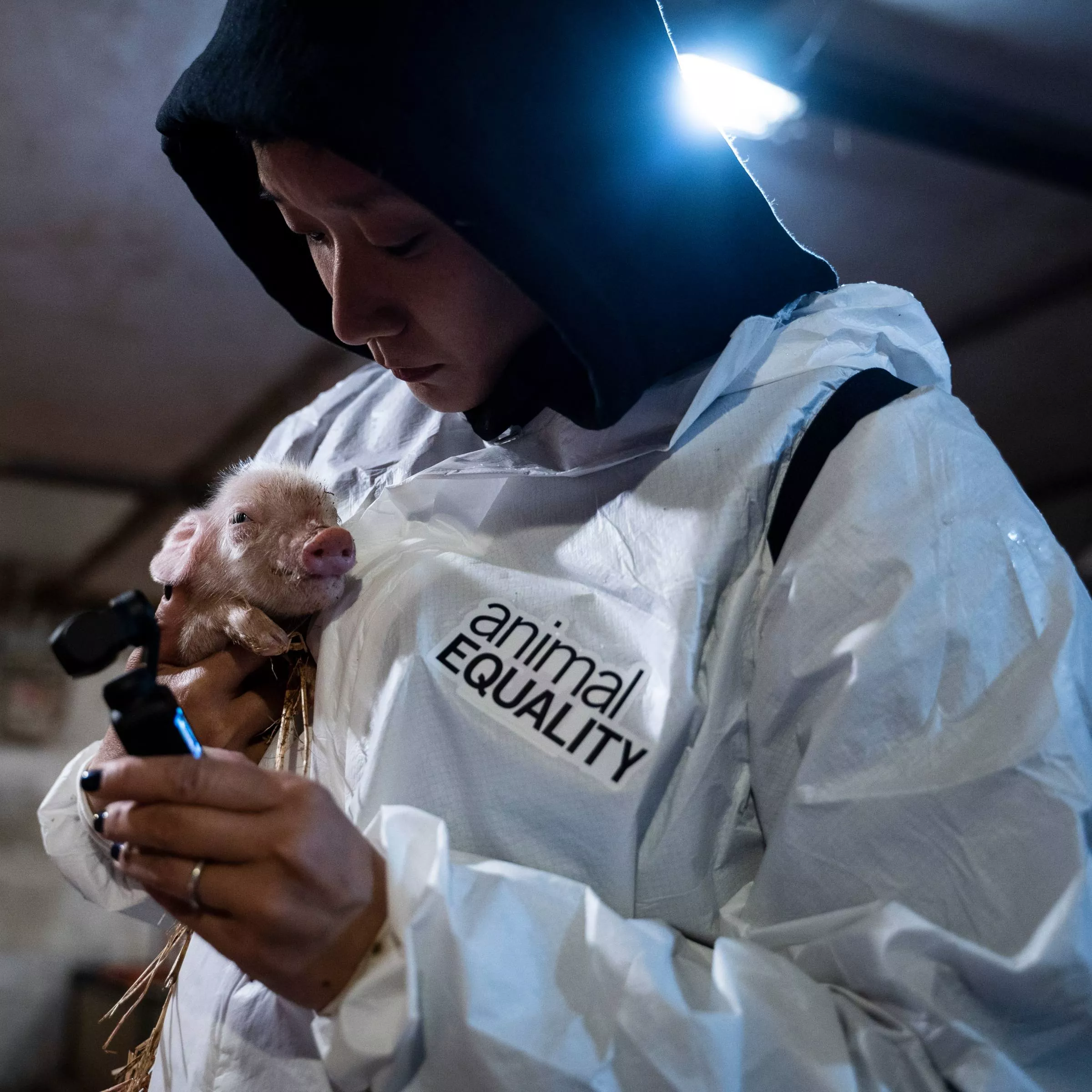
Animal Equality UK is a registered charity. We rely on the generous support of compassionate people like you to fund our work. Please help animals by giving today.

